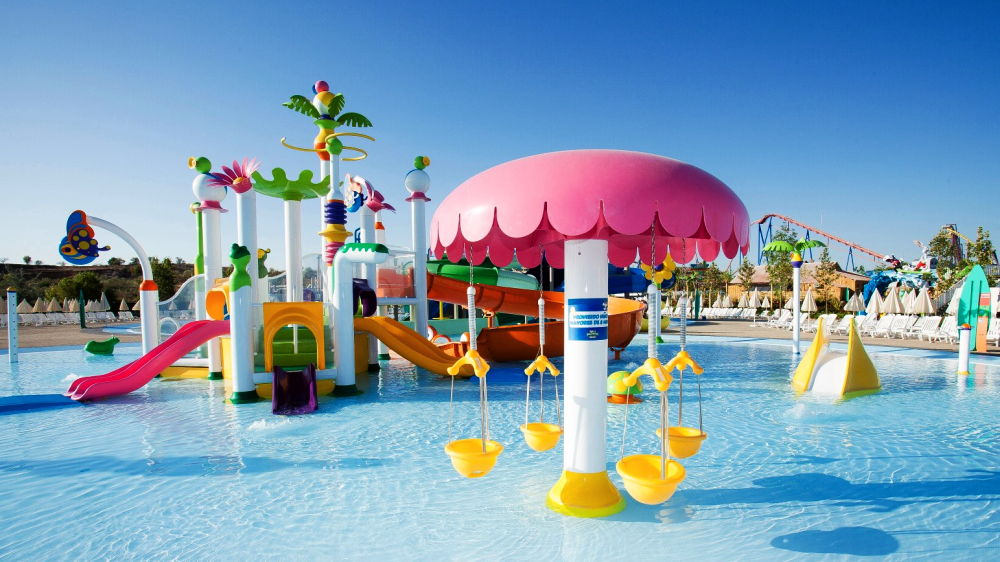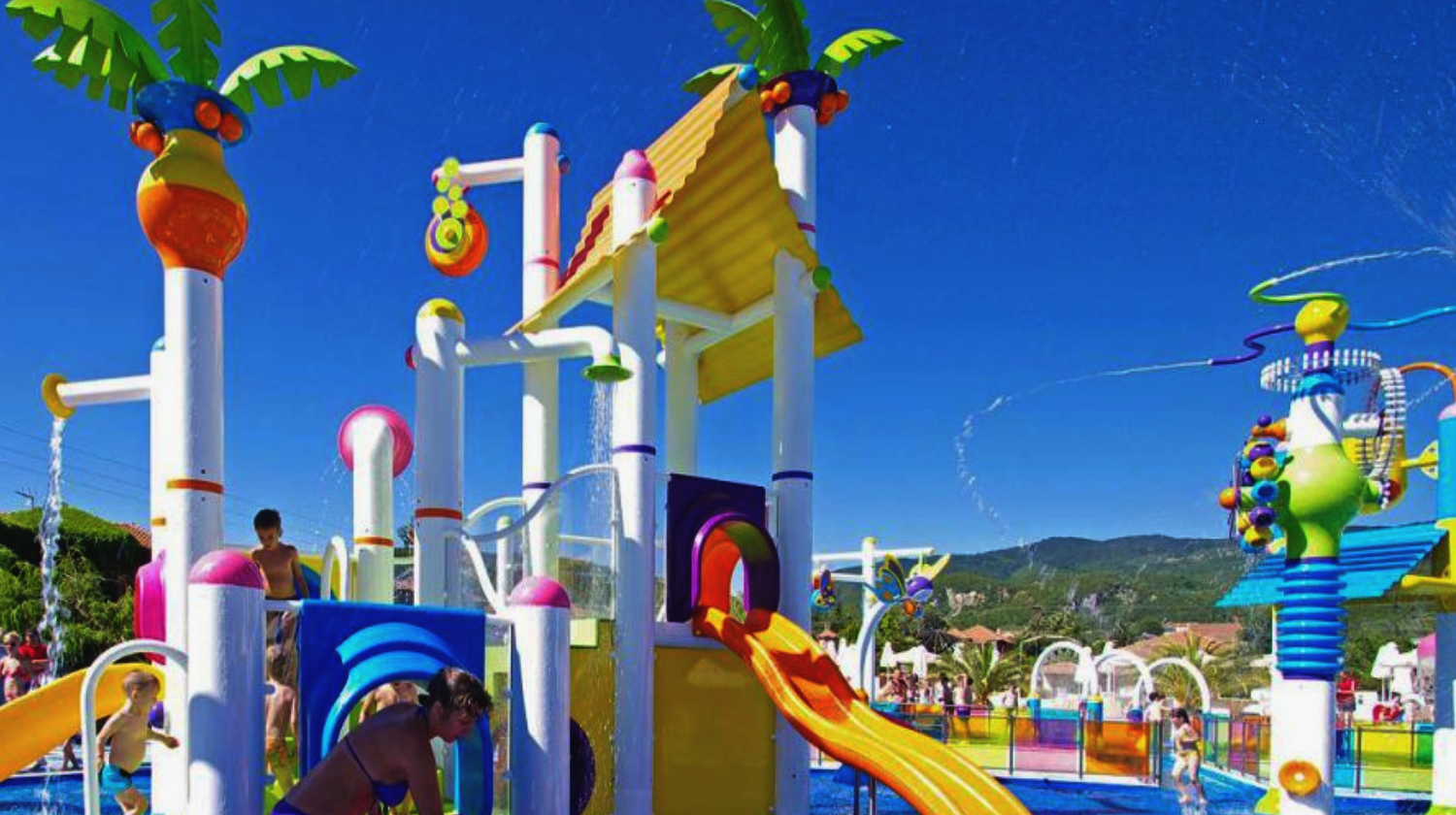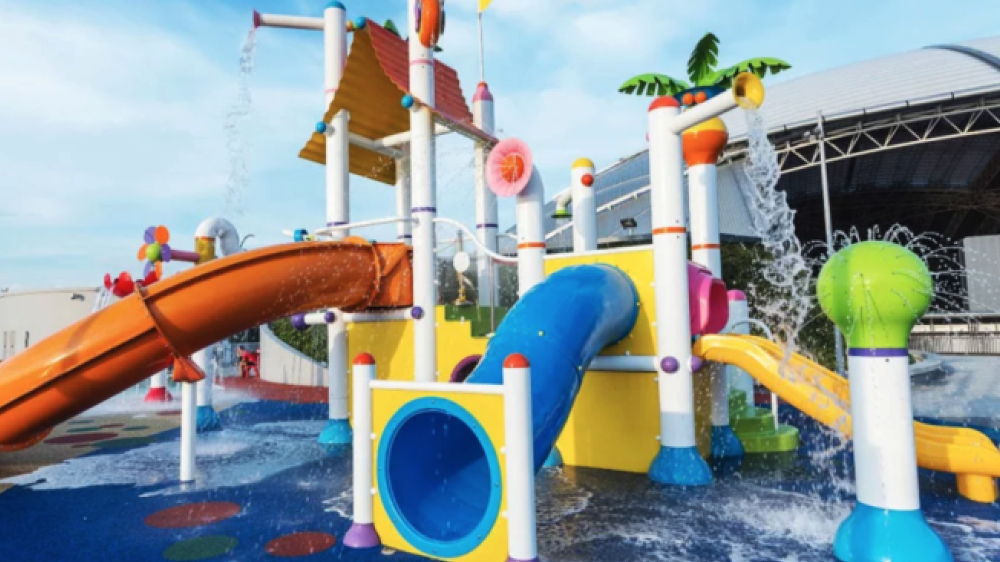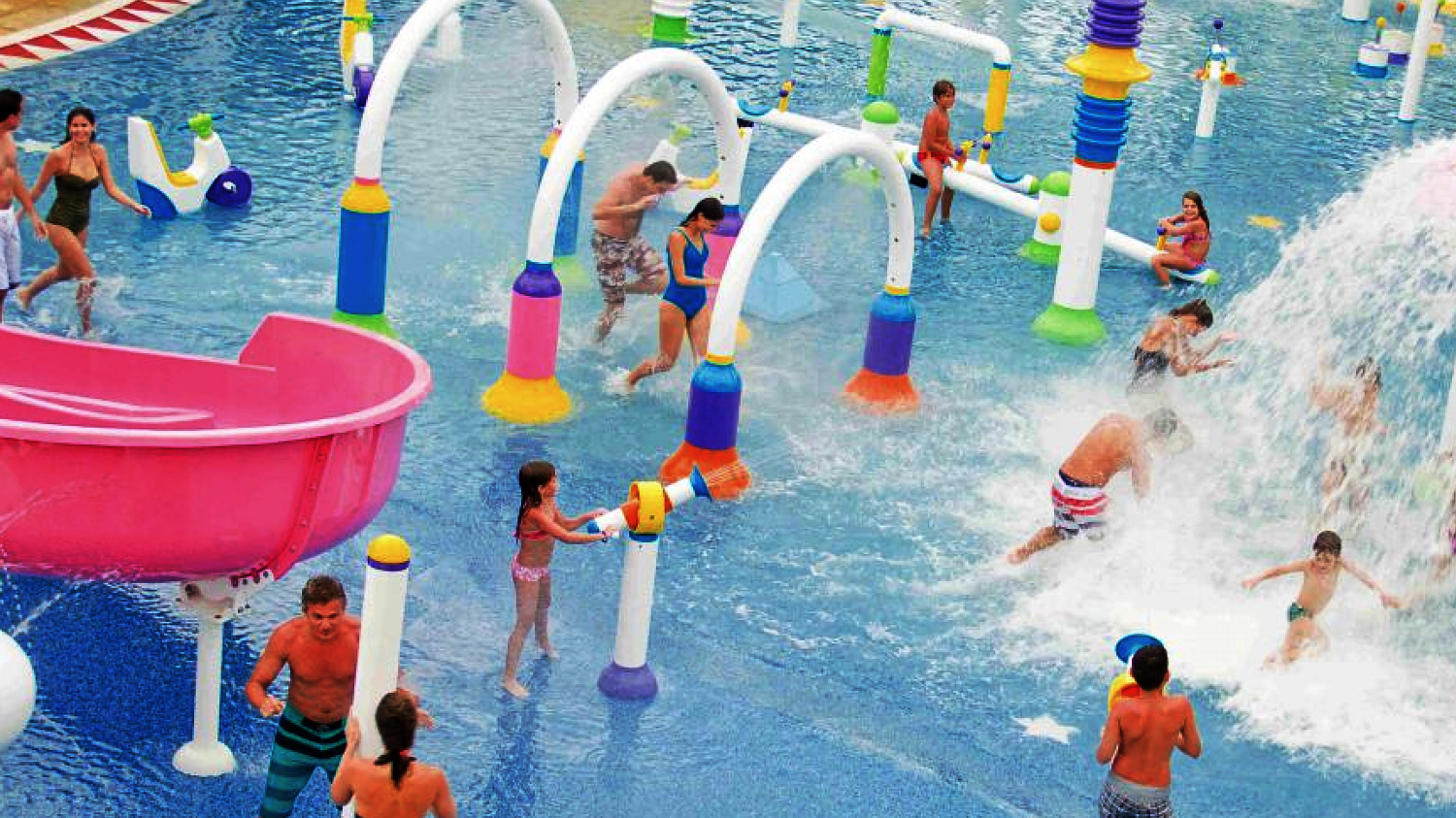The Pluses & Minuses of Using Salt Water in a Water Park | July 23rd, 2019
July 23rd, 2019
It’s early days yet. But when you couple the fact that salt water is the fastest growing trend in residential swimming pools with the emergence of salt water as a selling point for the early-adopter water parks that use it, it means one thing. You better learn more about the advantages and disadvantages of running a saltwater water park.
The Misconceptions About Using Saltwater
Even though it’s been used in residential pools and water parks for a number of years, unless you use it, there are still many misconceptions about salt water for your water park.
It’s Salty – Actually, it’s only about 10% as salty as seawater.
It Eliminates Chlorine in the Water and the Need for Other Chemical Water Treatments – Nope. Chlorine is generated from the salt to help disinfect the water. And you still need many of the same chemicals and water treatments you use now.
It’s Easier to Manage – Salt replaces the need to add regular chlorine to the water, but other tasks in managing the water and equipment remain much the same.
The Advantage & Disadvantages of Salt Water in Your Water Park
Unfortunately, many of the advantages and disadvantages, like the water feels ‘softer’, are subjective. But your customers may be those same pool owners who are convinced that salt water really is softer. Of course, on the other side of the equation, there are those who enjoy high levels of chlorine and have never set a toe in salt water.
Advantages
Less Eye and Skin Irritation – Lower levels of chlorine mean salt water is gentler on the eyes and skin
Some Indication that Saltwater is Safer – There is research data that shows regular exposure to high levels of chlorine may be a long-term health risk.
Water Feels Softer – There might be some basis in fact for this because salt water may be considered more natural and less abrasive.
Somewhat Less Maintenance – Chlorine is released by salt cells only as needed, which may reduce your requirements for maintaining a constant level of chlorine.
May Be Less Expensive in The Long-Term – Less need for chlorine and the monitoring of it can mean lower costs over time.
Disadvantages
Higher Upfront Costs – Salt water chlorine generators and protecting equipment from corrosion can increase new installation costs.
May Need Specialized Technicians for Maintenance and Repair – Saltwater systems are somewhat more complex, and you’ll need experience in troubleshooting certain issues that aren’t common in chlorinated systems.
May Damage Existing Spray Park Equipment – Water management equipment and even your pay equipment may be at risk of damage unless you take precautions.
– Recent News Posts –
Call Toll Free: 1.866.833.8580
– General Themes –
